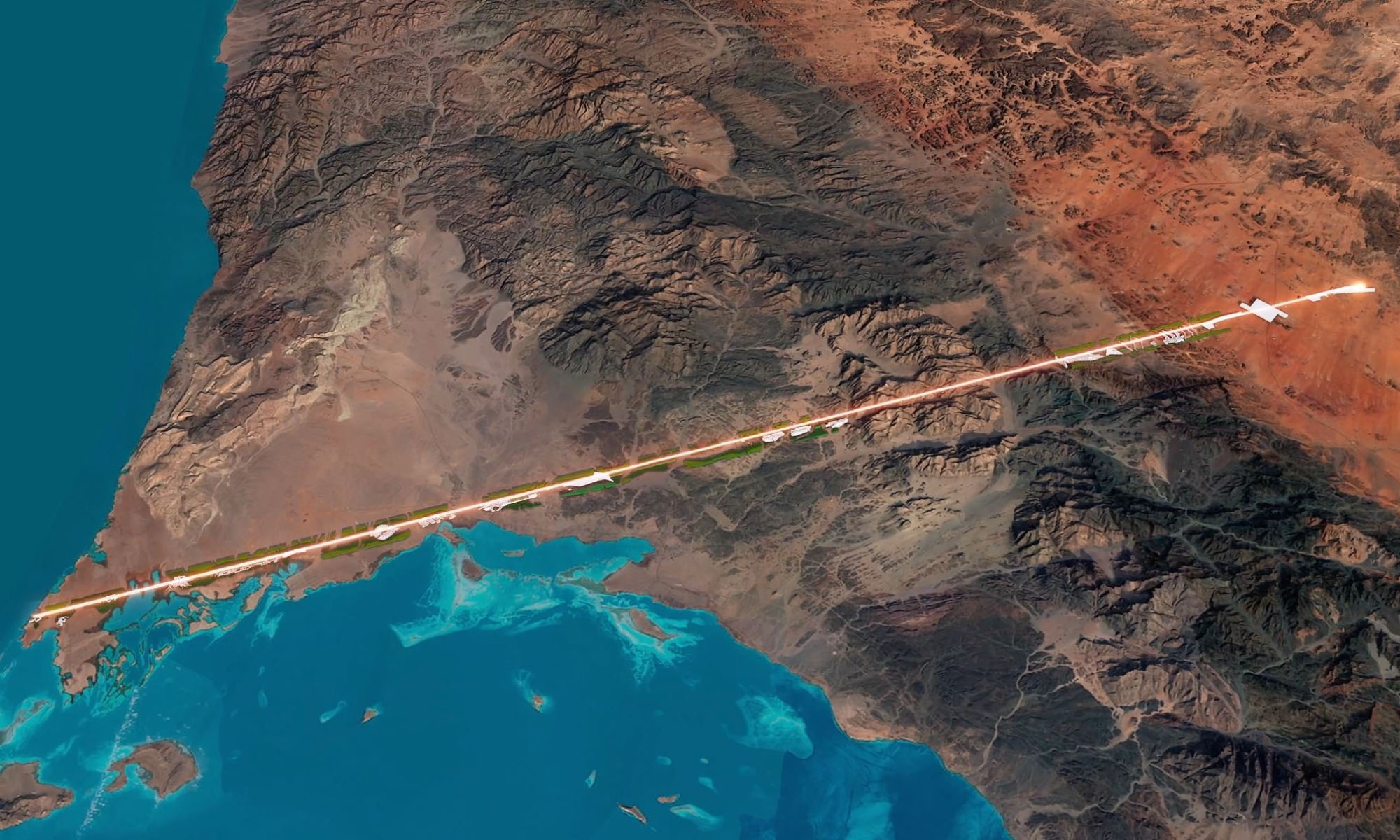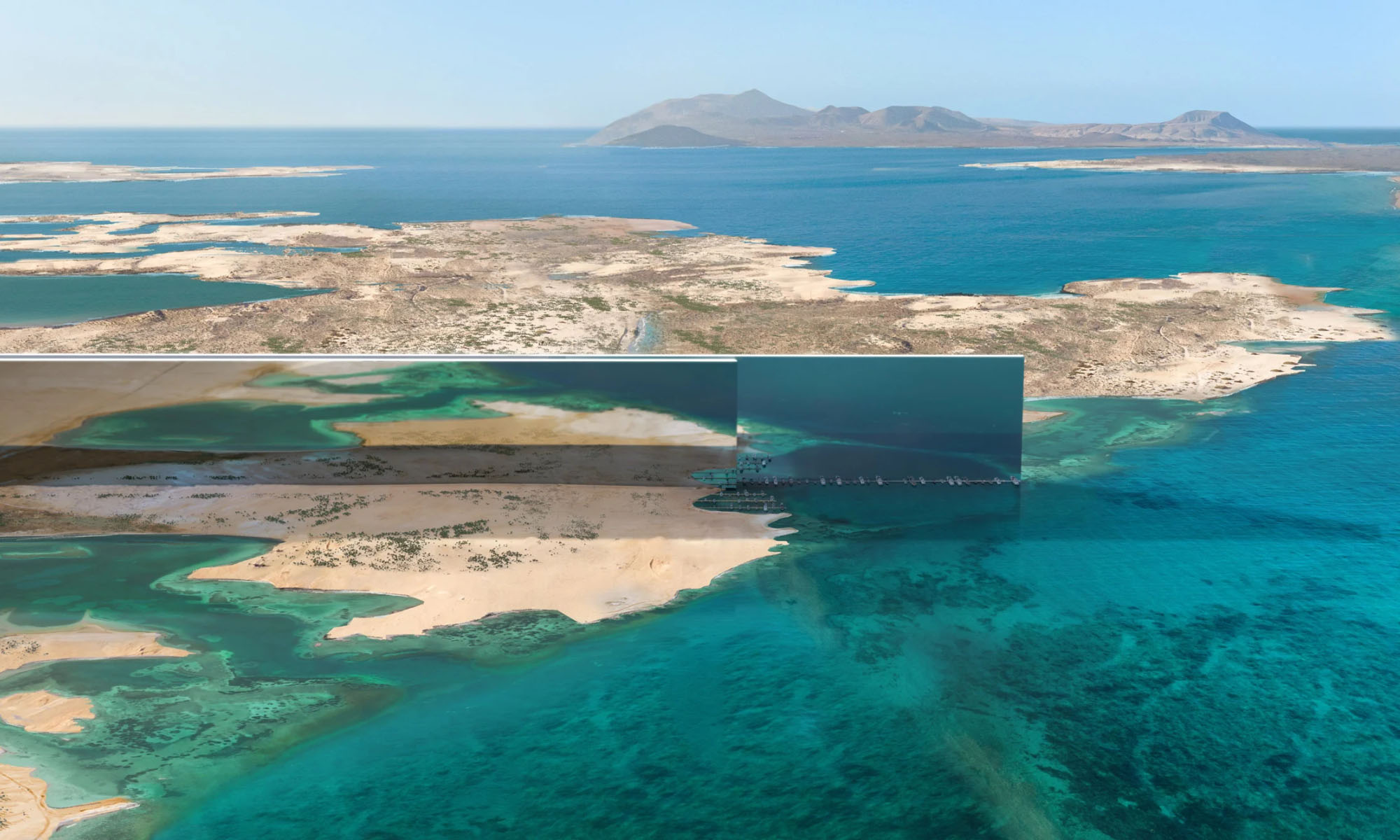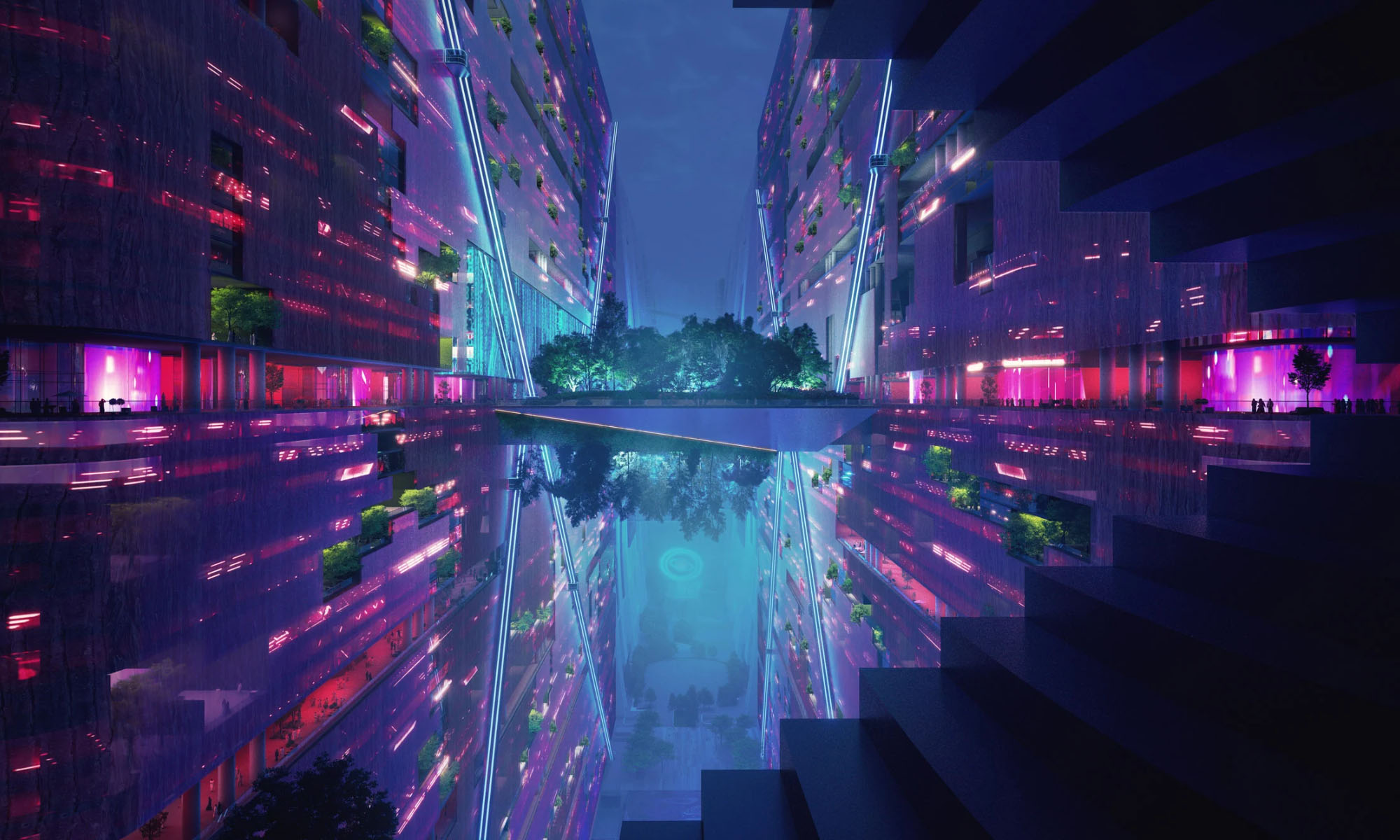News
Saudi Arabia Reveals Plans To Build The City Of The Future
Dubbed “The Line”, Saudi Arabia’s radical new pedestrianized city will be carbon and emission-free, contributing $48 billion to the economy and creating 380,000 jobs.

Saudi Arabia’s Crown Prince Mohammed bin Salman has announced plans for radical new city development in the northwest of the country, in a section of desert close to the Red Sea. The city will run entirely on renewable energy and eventually be home to around 9 million people.
Yet, the real eye-opener of this futuristic metropolis is the design of the city’s buildings themselves, or should we say, “building”, as the city will be called “The Line” and comprise a single, massive wall-like structure that will extend for 170km, while standing 200 meters wide and 500 meters tall. If everything goes to plan, this single-building city will easily break the record for the world’s largest building.

The massive development is part of Crown Prince Mohammed bin Salman’s NEOM project, which plans to turn a remote area of the country into a high-tech semi-autonomous state. The plan hopes to attract foreign investment and eventually usher Saudi Arabia into a post-oil economy.

Technical details about the project are scarce. However, there’s no denying the plans look impressive: A recently released video shows a striking mirrored glass facade, three-dimensional living, plenty of green spaces, and multi-level walkways, with high-speed travel that connects each end of the structure in just 20 minutes.
Despite inspirational taglines such as “a civilizational revolution that puts humans first”, the scheme has attracted criticism, with some architects finding the design a little too dystopian for their tastes. Crown Prince Mohammed bin Salman has said that The Line will embody “Zero Gravity Urbanism” and has issued a statement about his ambitious project:
“The designs revealed today for the city’s vertically layered communities will challenge the traditional flat, horizontal cities and create a model for nature preservation and enhanced human livability.”
Also Read: Lebanon Preparing To Build New $70 Million Airport Terminal
So when can we hope to see the foundations laid on this futuristic project? So far, the NEOM project has received $500 billion in backing from the Saudi Arabia government and the Saudi Arabian Public Investment Fund. Plans were initially scheduled for 2025 but have since been postponed by another 5 years, though officials insist the project remains on track.
News
Rabbit Expands Hyperlocal Delivery Service In Saudi Arabia
The e-commerce startup is aiming to tap into the Kingdom’s underdeveloped e-grocery sector with a tech-first, locally rooted strategy.

Rabbit, an Egyptian-born hyperlocal e-commerce startup, is expanding into the Saudi Arabian market, setting its sights on delivering 20 million items across major cities by 2026.
The company, founded in 2021, is already operational in the Kingdom, with its regional headquarters now open in Riyadh and an established network of strategically located fulfillment centers — commonly known as “dark stores” — across the capital.
The timing is strategic: Saudi Arabia’s online grocery transactions currently sit at 1.3%, notably behind the UAE (5.3%) and the United States (4.8%). With the Kingdom’s food and grocery market estimated at $60 billion, even a modest increase in online adoption could create a multi-billion-dollar opportunity.
Rabbit also sees a clear alignment between its business goals and Saudi Arabia’s Vision 2030, which aims to boost retail sector innovation, support small and medium-sized enterprises, attract foreign investment, and develop a robust digital economy.
The company’s e-commerce model is based on speed and efficiency. Delivery of anything from groceries and snacks to cosmetics and household staples is promised in 20 minutes or less, facilitated by a tightly optimized logistics system — a crucial component in a sector where profit margins and delivery expectations are razor-thin.
Despite the challenges, Rabbit has already found its stride in Egypt. In just over three years, the app has been used by 1.4 million customers to deliver more than 40 million items. Revenue has surged, growing more than eightfold in the past two years alone.
Also Read: Top E-Commerce Websites In The Middle East In 2025
CEO and Co-Founder Ahmad Yousry commented: “We are delighted to announce Rabbit’s expansion into the Kingdom. We pride ourselves on being a hyperlocal company, bringing our bleeding-edge tech and experience to transform the grocery shopping experience for Saudi households, and delivering the best products – especially local favorites, in just 20 minutes”.
The company’s growth strategy avoids the pitfalls of over-reliance on aggressive discounting. Instead, Rabbit leans on operational efficiency, customer retention, and smart scaling. The approach is paying off, having already attracted major investment from the likes of Lorax Capital Partners, Global Ventures, Raed Ventures, and Beltone Venture Capital, alongside earlier investors such as Global Founders Capital, Goodwater Capital, and Hub71.




















